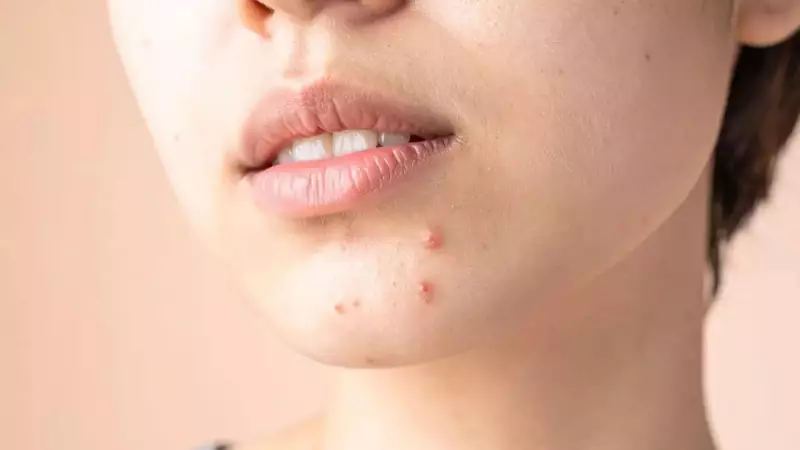
Struggling with those stubborn acne marks that just won't quit? You're not alone. Acne scars can be more frustrating than the pimples themselves, but the good news is that modern dermatology and proper skincare can help you achieve smoother, clearer skin.
Understanding Your Acne Scars
Not all acne scars are created equal. There are primarily two types you might be dealing with:
- Atrophic Scars: These appear as depressions or pits in the skin and are the most common type
- Hypertrophic Scars: These are raised scars that form due to excess collagen during healing
Professional Treatments That Actually Work
Chemical Peels
Chemical peels use acid solutions to remove the top layer of skin, revealing fresher, less scarred skin underneath. Different strengths are available depending on your scar severity.
Microdermabrasion
This minimally invasive procedure exfoliates the skin using tiny crystals, helping to reduce the appearance of superficial scars and improve skin texture.
Laser Treatments
Laser therapy stimulates collagen production and resurfaces the skin. Fractional lasers are particularly effective for treating acne scars without significant downtime.
Microneedling
This treatment creates microscopic injuries in the skin to trigger natural healing processes and collagen production, gradually filling in depressed scars.
Your At-Home Acne Scar Care Routine
While professional treatments deliver significant results, your daily skincare routine plays a crucial role in scar prevention and reduction:
- Sun Protection is Non-Negotiable: UV exposure can darken scars and slow healing. Use broad-spectrum sunscreen daily, even indoors.
- Incorporate Vitamin C: This antioxidant brightens skin and helps fade post-acne dark spots while protecting against environmental damage.
- Retinoids are Your Best Friend: Prescription or over-the-counter retinoids accelerate cell turnover and boost collagen production.
- Don't Skip Moisturization: Well-hydrated skin heals better and appears plumper, making scars less noticeable.
- Be Patient and Consistent: Scar improvement takes time—typically 3-6 months to see significant changes with consistent care.
Prevention: The Best Medicine
The most effective way to deal with acne scars is to prevent them from forming in the first place:
- Avoid picking, popping, or squeezing pimples
- Treat active acne promptly with appropriate medications
- Follow a consistent skincare routine suitable for your skin type
- Consult a dermatologist early if over-the-counter products aren't working
When to See a Professional
If your acne scars are affecting your confidence or home care isn't delivering results, consult a dermatologist. They can recommend personalized treatment plans combining in-office procedures with targeted home care products.
Remember, dealing with acne scars is a journey, not a destination. With the right combination of professional treatments and diligent home care, you can significantly improve your skin's appearance and texture.





